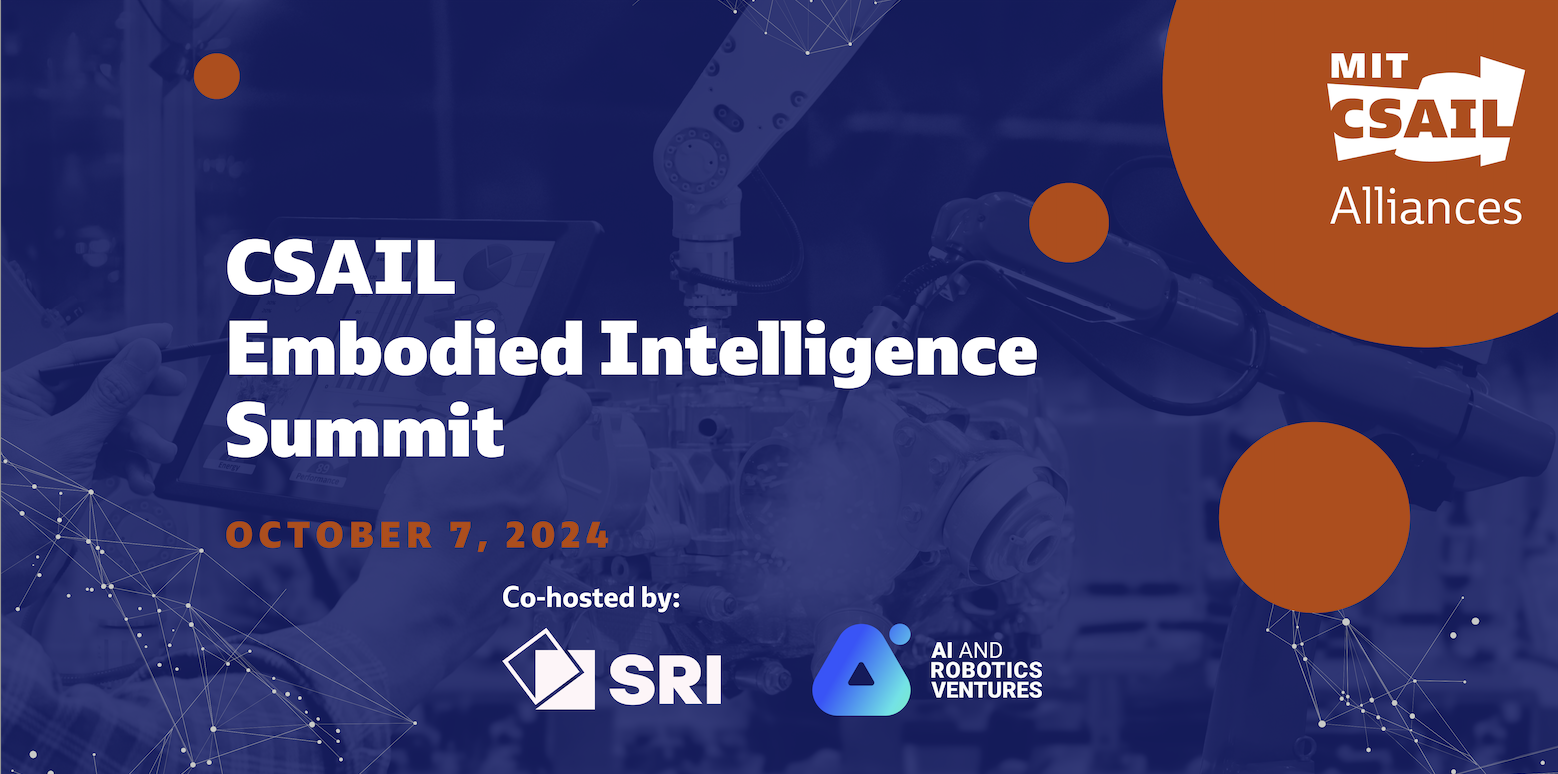
Artificial Intelligence (AI) is one of the most important and exciting technological subjects of our day. LLMs and image generators are proliferating across the market and new AI tools are being rolled out at an exponential rate. However, one growing frontier of AI that could have revolutionary impact is the field of embodied intelligence.
What is Embodied Intelligence?
Critical to the ongoing development of robots and autonomy, embodied intelligence is the area of research studying the nature of intelligent behavior in the physical world, particularly human intelligence, and applying those lessons to robots and other physical agents. Unlike many of the AI systems we interact with today, which exist purely in digital or simulated context, embodied intelligence is based around the importance of a “body,” which senses, learns, and acts in 3D space. Recent progress in this space has been driven by improved sensor technology, machine learning algorithms, computational power, and a growing foundation of knowledge about biological and human intelligence. New work at CSAIL has allowed robots to adapt to unfamiliar environments, helped robots infer physical properties of items so they can grasp objects of various consistencies, designed soft robotic systems for packing delicate groceries and other fragile items, created a robotic palm that mimics human touch, and developed an algorithm that can learn how to contort shape-shifting robots for a specific task. These research innovations signify steps on the path to machines that can independently and autonomously act in the world.
To continue the momentum of this progress in embodied intelligence, there are several outstanding challenges that researchers are working to tackle. For example, while there’s plenty of data available for images, video, and written word, the data for movement and interaction with the physical world is limited. Such data would also take up enormous volumes of space, arguably more than our current technology can support if robots were to become as ubiquitous as cellphones or cars. There are also outstanding questions surrounding the reliability and safety of robots, for example, packing groceries. Human-robot interactions are still relatively rare and this emerging area of research needs to be robustly studied before robots can be trusted with safety-critical tasks.
The Impact of Embodied Intelligence
When these challenges are addressed, embodied intelligence could have impact across a multitude of industries. For example, this research could support collaborative robots (or “cobots”) in manufacturing, helping human workers by taking on some of the physical, repetitive, and dangerous work. In healthcare, surgical robots might make use of research helping them see, sense, and interpret the physical world, assisting surgeons and minimizing the need for invasive procedures. Rehabilitation robots—like CSAIL’s autonomous wheelchair—could support the aging population and help people heal and age at home despite shortages of healthcare workers. In agriculture, robots could solve labor shortages and autonomous farming equipment could plow, plant, harvest, and monitor crops for diseases, supporting the food supply for an increasing global population. Autonomous robots with sensors and physical awareness might likewise transform retail, tourism, construction, the military, and more.
Bringing robotics and autonomy to the market will require the integration of many fields and the collaboration of experts across disciplines. For that reason, CSAIL Alliances, SRI, and ARV are co-hosting the CSAIL Embodied Intelligence Summit at the SRI Headquarters in Menlo Park, CA. On October 7th, 2024, industry leaders and CSAIL experts will come together to discuss the current state of embodied intelligence, research updates that could impact the field, and the business impact of these advancements.
Join us for a day-long discussion of robotics, autonomy, and how embodied intelligence will advance the state-of-the-art in AI. Register here with code CSAIL.
8:30 – 9:15 AM | Registration and Networking
9:30 – 9:35 AM | Welcome
- Lori Glover: Managing Director, MIT CSAIL Alliances
- Daniela Rus: Director at MIT CSAIL | Professor, MIT EECS
9:35 - 10:00 AM | Opening Keynote: Embodied Intelligence and What It Means for Robotics
10:00 – 10:30 AM | ML and Adversarial Attacks
10:30 - 11:00 AM | A Path to Consumer Scale Embodied Intelligence
- Aaron Edsinger: CEO and Co-founder, Hello Robot Inc.
11:00 - 11:45 AM | Components of Embodied Intelligence Fireside Chat
11:45 – 12:15 PM | 7 Lessons from AirSim
- Ashish Kapoor: CEO and Co-founder, Scaled Foundations
12:15 - 1:15 PM | Lunch and Networking
1:15 - 2:30 PM | Applications of Embodied Intelligence: Industry Panel
- Erin Rapacki, Sr. Developer Relations Manager, NVIDIA Robotics
- Shraddha Sridhar, Product Lead, Amazon AI
- Hina Dixit, Co-founder & CEO, Decompute
2:30 - 3:00 PM | Networking Break
3:00 - 3:45 PM | A Pathway to Robotic Intelligence
3:45 - 4:00 PM | Wrap
- Lori Glover: Managing Director, MIT CSAIL Alliances
- Peter Marcotullio: Vice President, Commercial Business Development, SRI International
- Wayne Chang: Venture Partner, AI and Robotics Ventures
Learn more about the speakers here

